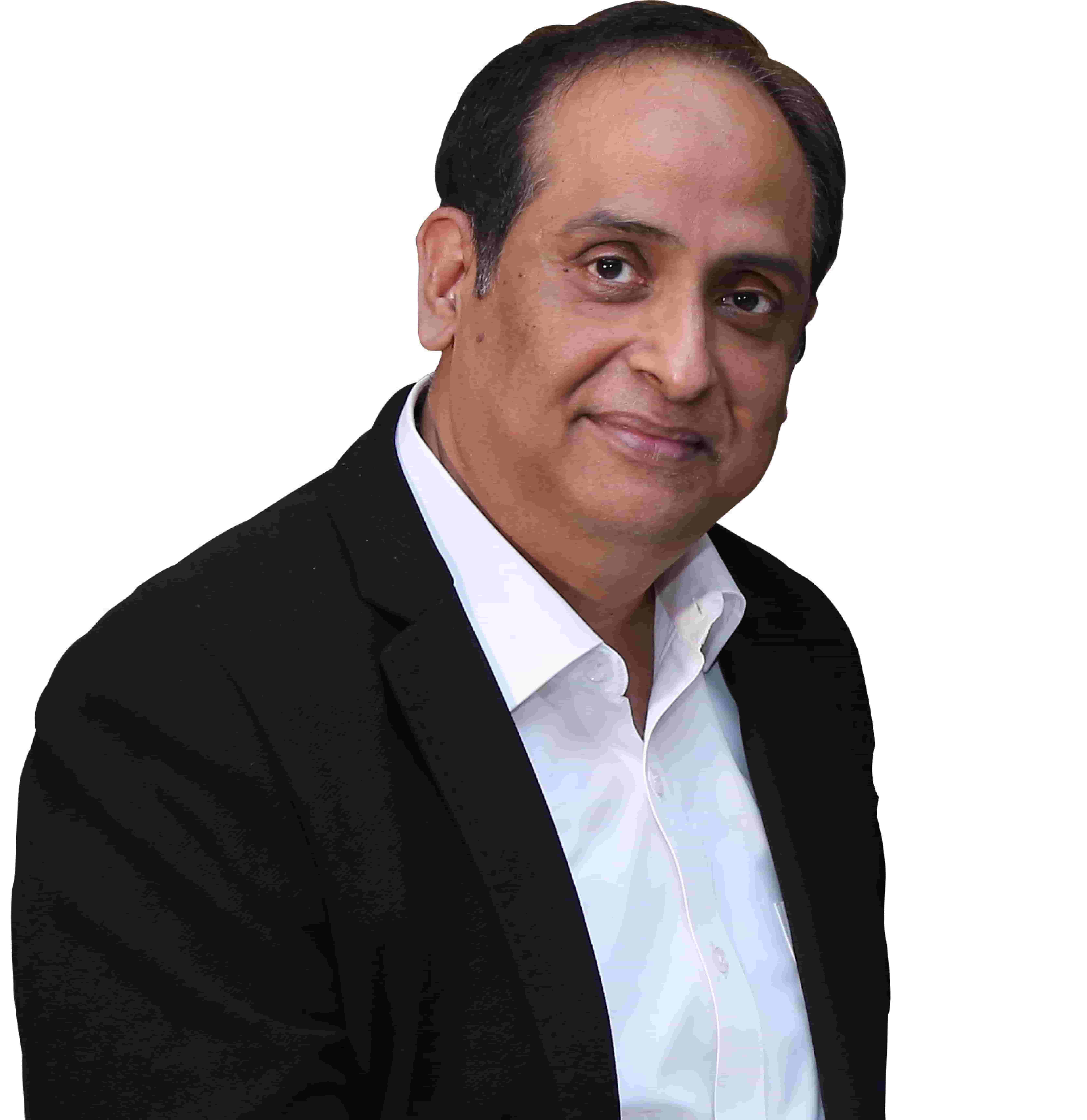India is home to nearly 8 million blind people, which is approximately one-fourth of the total blind population in the world. Inclusion is a fundamental birthright of every individual. People may be born without a completely functional organ or senses but that shouldn’t deter anyone from leading a life of independence and dignity. When you lose one sense, other senses often become sharper. Sightsavers supports inclusive education to ensure that children who are blind or visually impaired are included in mainstream education. This is crucial to lifting people out of poverty.
Blindness may create a cycle of illiteracy, poverty and social exclusion for children with visual impairment and blindness, making them one of the most vulnerable groups in the world. Isolation or creating groups of just ‘blind’ children in no way is going to help them be active participants in society at large. Conversing with other children in a mainstream education environment from an early age will prepare both the sighted and the non-sighted to work together as equal and valued members of society.
There is a very robust need for accessibility in the country for the disabled. The message that needs to be delivered amongst the people is of social acceptance and inclusion along with creating an environment that is supportive for the learning of children with any form of disability. Metro cities are taking initiatives to improve facilities for people with certain disabilities. It is crucial to uplift the children’s confidence and send a message to the society that how there are no shortcomings for kids with visual disability.
The government’s highly creditable efforts along with those of NGOs have ensured that most children with disability are now registered in mainstream schools. The challenge now is to ensure learning outcomes when there are not enough resource teachers and other facilities and to create an environment that is supportive of the learning of children with visual impairment. The need of the hour is to raise awareness in communities to support the holistic education of children with visual impairment. Assistive devices and accessible educational material should be made available, provision of compensatory skills training, infrastructure accessibility and building education management and leadership among others for people with visual impairment.
Furthermore, the practice of inclusive education in schools will help in promoting social acceptance, rights, and overcome discriminatory practices that have existed between people with and without disabilities. It will ensure that people with disabilities will have access to equal educational opportunities. Quoting the famous saying “Children are our greatest treasure. They are our future.” It doesn’t really matter if children have a disability. They can just be taught and nurtured well to become what they aspire to be as individuals. Once children have a balance of a lucrative and skilful career, the majority of their problems won’t even exist.
Today people who are blind can function as effectively as their sighted colleagues in diverse professions and vocations. At Sightsavers, children and adults who are visually impaired or blind are supported with the right technology, physical aids and tools such as low vision devices that give them greater independence and allow them to perform tasks they may have previously found difficult or impossible to accomplish. As Benjamin Franklin said, “An investment in knowledge pays the best interest.”
 RN Mohanty is the CEO of Sightsavers India. Mr Mohanty is well known and honoured by his associates and peers for his futuristic decision-making capacity and a good sense of judgment, essential for a leader at the helm of affairs. Over the years, he has had experience of working on diverse issues like the environment, health, nutrition, HIV/AIDS, livelihood, education, disability and eye health.
RN Mohanty is the CEO of Sightsavers India. Mr Mohanty is well known and honoured by his associates and peers for his futuristic decision-making capacity and a good sense of judgment, essential for a leader at the helm of affairs. Over the years, he has had experience of working on diverse issues like the environment, health, nutrition, HIV/AIDS, livelihood, education, disability and eye health.
Views of the author are personal and do not necessarily represent the website’s views.
